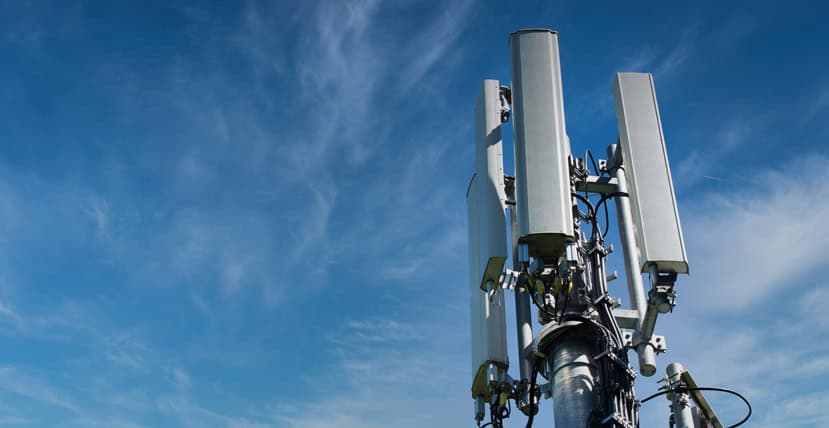Every month, Erise’s trademark attorneys review the latest developments at the U.S. Patent and Trademark Office, in the courts, and across the corporate world to bring you the stories that you should know about:
Suit Against Prime Hydration Highlights Olympic Trademark Law
It happens once every four years, when the world’s elite athletes come together to wow us with their superhuman feats in summer sports … and trademark lawyers work overtime to enforce the rights of the many organizations and brands involved: That’s right, it’s time for trademark enforcement around the Summer Olympics.
On July 19, the United States Olympic & Paralympic Committee (USOPC) sued Prime Hydration in the U.S. District Court for the District of Colorado over a version of Prime’s “hydration drink” featuring basketball star and three-time Olympic gold medalist Kevin Durant. Images included in the complaint show a red, white, blue, and gold label for the product including phrases like “3X Olympic Gold Medalist,” “Olympian,” and “going for gold,” along with Durant’s name. The complaint also alleges that advertising around the product release features additional Olympics-related wording.
Prime, founded by YouTuber/wrestler Logan Paul and rapper/wrestler/gamer KSI, faces relatively standard trademark-related claims including federal trademark infringement, dilution, unfair competition, and false designation of origin, as well as analogous state law claims.
But what sets USOPC cases apart from ordinary trademark claims is the invocation of an Olympics-specific statute called the Ted Stevens Olympic and Amateur Sports Act, named after former U.S. Senator Ted Stevens. The act gives the USOPC the “exclusive right to use” words including “Olympic” and “Paralympic,” as well as the interlocking 5-ring logo and other designs.
Unlike traditional trademark rights, which arise from the goodwill associated with the goods and/or services with which a mark is used, the Ted Stevens Act does not limit the USOPC’s exclusive rights to specific goods or services. The act also gives the committee a separate civil cause of action against use “for the purpose of trade, to induce the sale of any goods or services, or to promote any theatrical exhibition, athletic performance, or competition” of any of the covered marks or of “any trademark, trade name, sign, symbol, or insignia falsely representing association with” the USOPC or related entities, including the International Olympic Committee.”
The Trademark Manual of Examining Procedure also provides guidance for examination of applications that may be covered by the act, noting that use by anyone other than the USOPC of the specified words should be refused on the ground that it is not lawful use in commerce, along with any other applicable ground.
Around the world, similar laws protect the rights of the International Olympic Committee and national Olympic committees. According to the USOPC and IOC, these safeguards are necessary to protect the revenue stream that supports the games. “Unlike most National Olympic and Paralympic Committees around the world, the USOPC does not receive government funding to support athlete programs. … Congress granted the USOPC broad rights to control commercial uses of USOPC IP in the United States,” the USOPC states in its brand usage guidelines.
So, as long as the torch continues to be lit, we can expect to continue seeing Olympics-related lawsuits. Whether you’re into watching adversaries battle it out on the athletic courts or in the judicial ones, the games are on.
Two Might Be Company, But Eight Is a Crowd
On July 9, current Baltimore Ravens football player and former Heisman Trophy winner Lamar Jackson filed notices of opposition with the Trademark Trial and Appeal Board against two applications by a company associated with Troy Aikman to register EIGHT for various clothing items in Class 25 and bags and related goods in Class 18.
Aikman, who is reportedly a director of trademark applicant FL101, Inc., was a long-time Dallas Cowboys player, three-time Super Bowl winner, and Pro Football Hall of Fame inductee. Both Aikman and Jackson wore the number 8 throughout their football careers. (According to the Hall of Fame website, five other Hall of Famers aside from Aikman also wore the number.)
Jackson’s oppositions claim priority and likelihood of confusion, as well as false suggestion of a connection with Jackson. Jackson’s claimed marks are:
- Reg. No. 7,279,545 for a stylized shield logo bearing the words 2018 ERA 8 BY LAMAR JACKSON 2018 and an image of a wild dog, for clothing, claiming a date of first use in commerce in June 2018;
- Reg. No. 7,301,096 for YOU 8 YET? in standard characters, for restaurant services, claiming a date of first use in commerce of May 18, 2022;
- Application Ser. No. 97/357,201 for ERA 8 in standard characters, for various bags, clothing, and headwear, filed April 11, 2022; and
- Application Ser. No. 88/835,266 for ERA 8 BY LAMAR JACKSON in standard characters, for various bags, clothing, and headwear, claiming a date of first use in commerce on October 1, 2018.
There are pending oppositions brought by New Era Cap against both of Jackson’s pending applications.
K & Soda, Inc., which is associated with Kendall Jenner’s 818 and Eight Reserve tequilas, also requested an extension of time to oppose FL101’s application but did not file a timely notice of opposition.
FL101 has until August 18, 2024 to file answers to Jackson’s notices of opposition. Although the company has not alleged use in commerce of the EIGHT mark, it seems likely that if the matters proceed, there will be arguments around who holds priority.
Other Marks in the News


